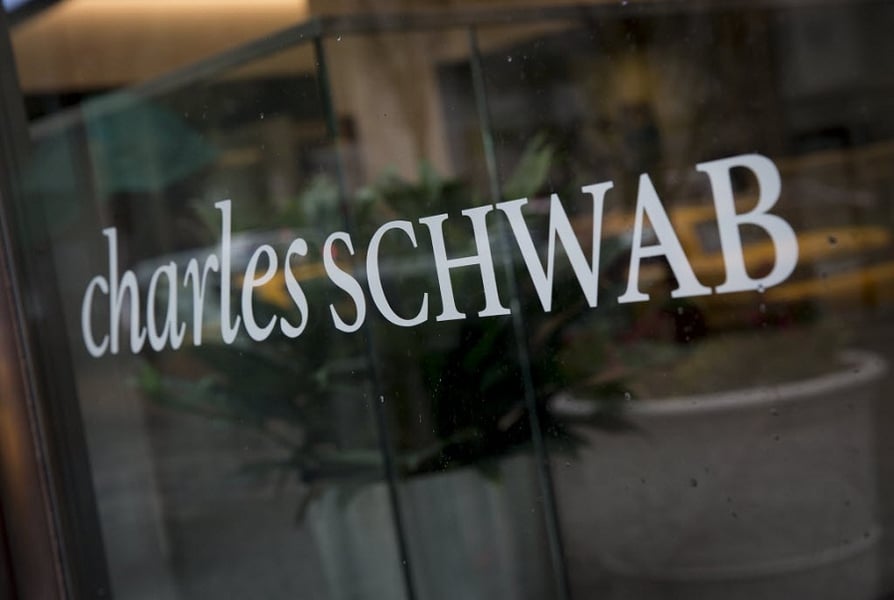Charles Schwab & Co. Intelligent Portfolios and Institutional Intelligent Portfolios, the custodian's robo-platforms, grew 37% in the third quarter, according to the company's earnings report Thursday.
The two, which are combined under the label of advice solutions, managed $4.1 billion in client assets as of Sept. 30, up $1.1 billion since the end of the second quarter. The company did not disclose how assets were divided among the two arms of the automated investment platform.
“It's pretty tremendous growth,” said Matthew Fronczke, engagement manager and financial adviser technology analyst at kasina. “Market conditions have not assisted in the growth over the last quarter.”
Instead, he said, the hike in managed assets is most likely the result of the transfer of assets from existing Schwab accounts, as well as the institutional version, which incorporates a human adviser element.
Mr. Fronczke said either way, the platform is bound to keep climbing.
“I don't think we'll see $1.1 billion [next quarter], but it has gone from zero to $4.1 billion in a fifth of the time it took other robos to get to $2 billion,” he said.
Robo-adviser startups Wealthfront and Betterment recently hit $2.6 billion and $2.8 billion in AUM, respectively, according to their latest Form ADVs. Still, the two have been around since the late 2000s, as opposed to large firms' recent entries into the market.
Schwab's retail robo, Intelligent Portfolios, first came onto the scene in March,
causing a splash among advisers and competitors by saying it was not charging any fees. By the end of that month, it had already crossed
the half-billion-dollar mark and by the second quarter, it was at $3 billion, according to Schwab's second-quarter earnings press release. In June, the company also rolled out
Institutional Intelligent Portfolios, a white-labeled version of the automated investment platform for advisers.
According to Schwab's third-quarter balance sheet, average client assets reached roughly $3.7 billion, up from the average $2.5 billion over the nine months year-to-date.
Schwab's rapid growth isn't that surprising because when firms of its nature join the robo race,
they tend to do well. Vanguard Personal Advisor Services, a hybrid robo, came out of beta in May with $21 billion in AUM, $10 billion of which was transferred from existing accounts.
Mr. Fronczke said given Schwab's success, other firms and startups will want to take a stab at running a robo because it's what consumers are starting to notice.
“It's a testament to the fact that no matter the demographic, investors are beginning to buy into these new platforms being launched,” he said.







